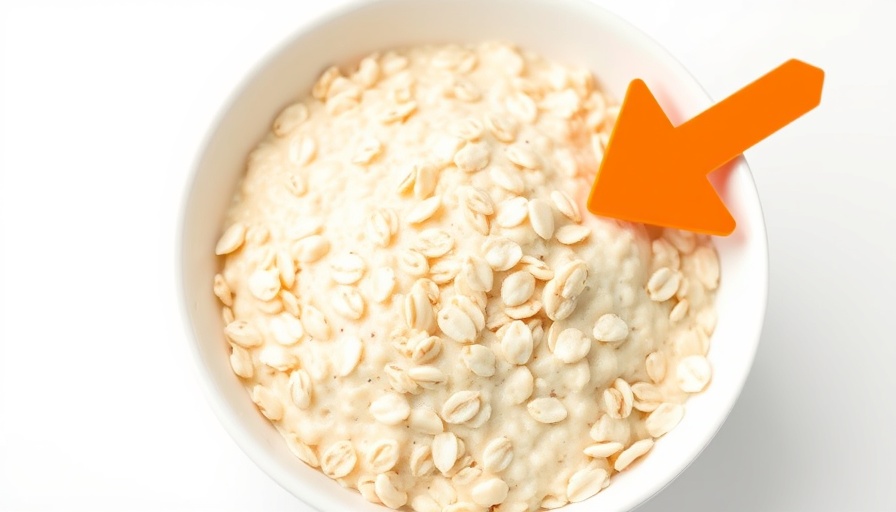
Unveiling the Power of Psyllium: A Simple Addition to Family Meals
In his recent discussions, Dr. Michael Greger introduced a new supplement that he believes everyone should include in their daily diet: psyllium husk powder. This fiber-rich powder is distinguished for its ability to promote heart health and support overall wellness. For families striving to elevate their health, integrating this powder into meals could be a game-changer.
In The Powder That Fixes What Your Diet Can't & Dr Greger Takes Daily!, Dr. Greger explores dietary solutions that sparked our analysis of how psyllium can enhance family health.
Understanding Viscous Fiber: Why It Matters
Did you know that the average American adult has an LDL cholesterol level of about 130 mg per deciliter? This statistic underscores the need for families to address dietary fibers specifically targeting heart health. Viscous fiber, found in foods like oats, pears, and flaxseeds, is pivotal. Dr. Greger emphasizes that consuming around 20 grams of this type of fiber daily can drastically improve cholesterol levels, aligning them more closely to those of newborns, which hover around 30 mg per deciliter.
Practical Ways to Incorporate Psyllium into Your Family's Diet
Adding psyllium husk powder to your family's meals may sound daunting, but it’s quite simple. Dr. Greger suggests mixing a tablespoon into a glass of water or soup, which families can do easily during meal prep. Imagine integrating this routine, where each meal contributes to your loved ones' heart health seamlessly.
The Science Behind Cholesterol: A Family Concern
Understanding cholesterol isn't just for adults; it's a discussion worth having with the whole family. As we navigate through dietary choices together, it’s crucial to comprehend how our diets impact our health, especially when it comes to lowering LDL cholesterol. With information from health experts, families can have the tools they need to foster a supportive environment for healthy living.
Future Implications of a Plant-Based Diet for Families
Dr. Greger will be releasing new insights on lowering LDL cholesterol with food in September. Families can look forward to expanding their knowledge through his upcoming book, which undoubtedly will equip them with valuable tools to pursue a plant-based diet that not only tastes great but also promotes a healthy body.
If you’re looking to give your family the best chance at vibrant health, take Dr. Greger’s advice to heart. Start slowly by adding psyllium to meals and discussing its benefits together. Awareness and small changes can inspire larger transformations in your family's health.
 Add Row
Add Row  Add
Add 




Write A Comment